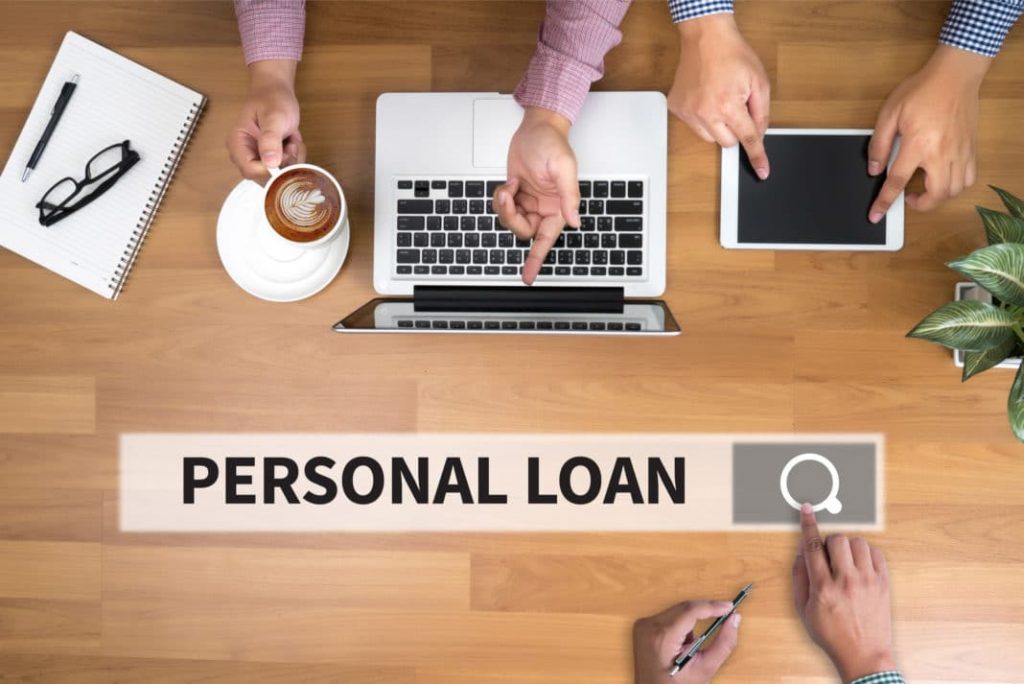
A personal loan is a type of loan that funds quickly and has monthly repayment installments. You can use a personal loan for high-interest debt consolidation, pay for a major purchase or address a financial emergency, among other top reasons. Typically, a personal loan repayment term can be between two and five years, with loan amounts up to $100,000.
According to data from Credible, personal loan interest rates vary widely, from 4.99% to 36%, depending on your credit and other personal finance factors. Generally, the higher your credit score, the better your interest rates will be.
The Federal Reserve kept benchmark interest rates near zero during the coronavirus pandemic. Such low interest rates bode well for borrowers, though they may face tighter lending standards from lenders who have felt the pinch of the economic downturn.
Nevertheless, if you have good credit and reliable income, you may be able to save thousands of dollars with a low annual percentage rate (APR) personal loan.
What is the best interest rate for a personal loan?
“The ideal rate for a personal loan is if you can get one that’s lower than the national average,” said Karen Condor, a former banker and current financial expert with Loans.org.
Currently, the average interest rate nationally is 9.65%, according to the Federal Reserve’s most recent data. By contrast, the average personal loans interest rate is significantly higher than the average credit card interest rate, which currently stands at 16.28%. These numbers show personal loans typically have lower rates are one of the cheapest ways to borrow.
Credible is a good resource for anyone looking to easily compare personal loan interest rates and multiple lenders in one spot.
What factors determine a personal loan interest rate?
Personal loan interest rates vary widely, which is partly attributable to the different ways in which lenders assess risk. Generally, most loan lenders weigh credit scores heavily when determining interest rates. To a lender, high credit scores equate to less risk, which translates to qualifying for lower personal loan rates.
Lenders also look closely at your debt-to-income ratio (DTI), which is a percentage that reflects how much of your gross monthly income goes towards paying your total monthly debt payments. Your DTI calculation includes all of your credit card debt and loans. Having a lower DTI ratio signals to lenders you have the budget in your personal finances for a new payment with a lower interest rate.
“Also factoring into your interest rate is your evidence of income, as a higher and more stable income will put you in a better position to secure a lower interest rate,” said Condor.
Additionally, the type of personal loan you apply for has a direct correlation to its interest rate. “An unsecured loan will have a higher interest rate since it is not backed by anything aside from the borrower’s promise to pay,” said Condor. “This means there is virtually no collateral for a lender to claim in the event of a default, so an unsecured loan is a higher-risk product to them.”
When it comes to personal loan shopping, Credible can do the heavy lifting for you. With the click of a button, you can view multiple lenders, rates, and term lengths in one spot. Get a jump start on your personal loan shopping today.























